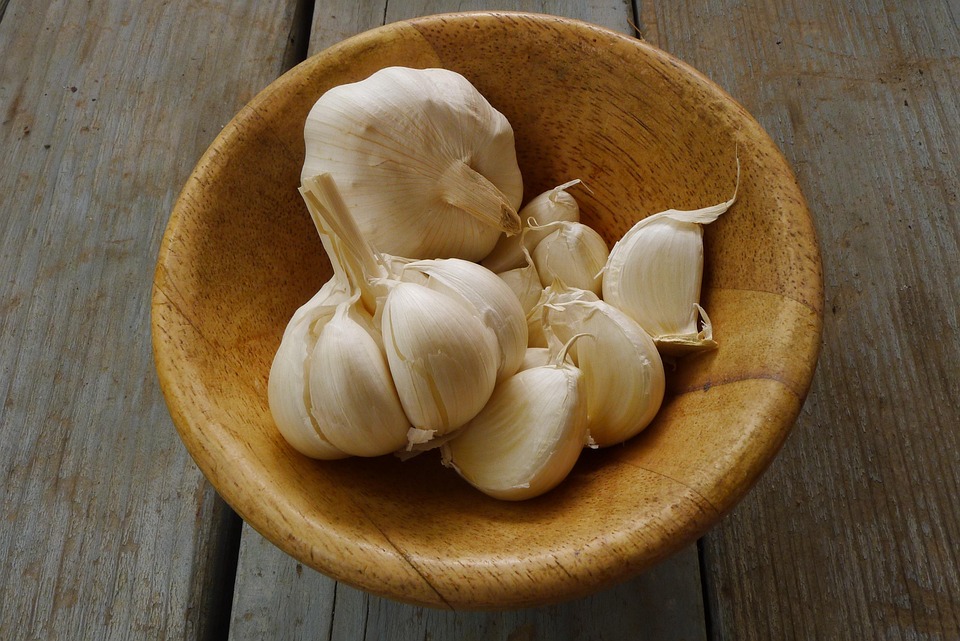Ever found yourself reaching for that jar of cloves perched quietly in your spice cabinet? It turns out these tiny nuggets of flavor pack a surprising punch for bladder health. While often celebrated for their culinary uses, cloves (Syzygium aromaticum) have been gaining attention for their medicinal properties.
In this article, we’ll explore five noteworthy benefits of cloves for bladder health, shedding light on how they can contribute to your well-being. Along the way, we will discuss their applications, potential limitations, and actionable insights to empower you in your health journey.
Contents
1. Anti-inflammatory Properties
One of the standout benefits of cloves is their remarkable anti-inflammatory effects. The primary active compound in cloves, eugenol, is known for its anti-inflammatory properties. Studies have shown that eugenol can help reduce inflammation in various tissues, which may significantly benefit urinary tract health.
For instance, a study published in the Molecules journal in 2018 highlighted how eugenol effectively inhibits inflammatory pathways in the body, including those related to bladder function (Jiang et al., 2018). Inflammation can exacerbate conditions like urinary tract infections (UTIs) or interstitial cystitis, so incorporating cloves into your diet could offer a natural approach to support bladder health.
Limitations
While cloves have anti-inflammatory benefits, it’s essential to note that they are not a substitute for medical treatments. Relying solely on cloves for inflammation-related bladder issues may not yield significant results, and individuals should consult healthcare professionals for persistent symptoms.
2. Antimicrobial Activity
In the realm of bladder health, preventing infections is a key priority. Cloves possess potent antimicrobial properties, making them a valuable ally in combating urinary tract infections. Research has consistently shown that the oil extracted from cloves demonstrates significant antibacterial activity against common pathogens responsible for UTIs, such as E. coli.
A 2021 study published in the Journal of Medicinal Food found that clove oil exhibited strong antibacterial effects against E. coli, reducing the bacteria’s growth in vitro (Hassan et al., 2021). This suggests that including cloves in your diet might help create an unfavorable environment for bacteria in the urinary tract, thus minimizing the risk of infections.
Limitations
While cloves can support antimicrobial activity, they should not be solely relied upon for treating infections. It’s critical to address any symptoms of UTIs with appropriate medical care, particularly if symptoms persist or worsen.
3. Boosting Antioxidant Defenses
Oxidative stress contributes to various health conditions, including compromising bladder health. Cloves are rich in antioxidants, which play a crucial role in neutralizing harmful free radicals in the body. The antioxidants in cloves can help maintain healthy bladder function by protecting bladder cells from oxidative damage.
A study in the Journal of Food Science in 2020 noted that clove extracts demonstrated significant antioxidant activity, offering a protective effect against cellular damage caused by oxidative stress (Koch et al., 2020). This antioxidant capacity could contribute to overall urinary tract health by ensuring that the tissues remain resilient and functioning optimally.
Limitations
While the antioxidant properties of cloves are beneficial, a balanced diet rich in various antioxidants from different sources is essential. Relying solely on cloves may offer limited benefits, and diversifying your intake of antioxidant-rich foods is crucial for complete health.
4. Potential Detoxification Support
The notion of detoxifying the body extends to bladder health. Cloves may play a role in supporting natural detoxification processes. Their diuretic properties can promote increased urine flow, aiding in the elimination of toxins from the urinary system.
A study published in the American Journal of Chinese Medicine showed that certain compounds in cloves could enhance diuresis, thereby flushing out waste products and potentially reducing the risk of bladder-related ailments (Bai et al., 2019). Regularly incorporating cloves into your meals might not only add flavor but also assist in maintaining healthy bladder function through detoxification.
Limitations
While cloves can offer mild diuretic effects, excessive consumption should be avoided. Overusing diuretics can lead to dehydration or electrolyte imbalances. It’s best to use cloves in moderation alongside a healthy hydration strategy.
5. Pain Relief Potential
Bladder issues often come with discomfort, making pain relief a priority for many. Cloves have been employed in traditional medicine as a natural remedy for pain relief. The eugenol in cloves is also known for its analgesic properties.
In a study published in the Journal of Ethnopharmacology, eugenol showed effectiveness in alleviating pain symptoms in various studies, suggesting it may serve as a complementary approach for individuals suffering from bladder-related discomfort (Ranjbar et al., 2019).
Limitations
While cloves may help relieve minor pain, relying solely on them for significant bladder pain is not advisable. Persistent or severe pain should prompt discussion with a healthcare provider for appropriate assessment and treatment.
FAQs
How can I incorporate cloves into my diet for bladder health?
You can add whole cloves to soups, stews, and curries or use ground cloves in baking. Clove tea is another option. Just a pinch can go a long way!
Are there any side effects of consuming cloves?
While cloves are generally safe in culinary amounts, excessive consumption can lead to gastrointestinal discomfort or potential interactions with medications. Always consult a healthcare provider if you have concerns.
Can cloves prevent urinary tract infections?
Cloves have antimicrobial properties that may help reduce the risk of UTIs, but they should not replace standard prevention methods like hydration and proper hygiene.
How many cloves should I consume daily?
Incorporating a small amount (1-2 grams) of ground cloves or up to 4-5 whole cloves in your diet is considered safe for most people. Always listen to your body and consult a nutritionist for personalized advice.
Conclusion
Exploring the benefits of cloves reveals an intricate relationship between this humble spice and bladder health. From anti-inflammatory effects to potential pain relief, cloves offer versatile applications that can complement a healthy lifestyle. However, it’s important to approach their use with awareness, understanding that they are part of a broader health picture.
As always, when considering changes to your dietary or health regimen, consulting a healthcare professional ensures you’re making informed choices tailored to your unique needs. Next time you reach for that jar of cloves, remember their potential extends far beyond just flavoring a dish.
References
- Bai, L., Zhang, J., & Li, R. (2019). The impact of Syzygium aromaticum on diuresis and renal function. American Journal of Chinese Medicine.
- Hassan, H. M., Khalil, M. H., & Elhady, S. S. (2021). Antimicrobial properties of clove oil against Escherichia coli. Journal of Medicinal Food.
- Jiang, L., Zhang, Y., & Liu, T. (2018). Eugenol’s anti-inflammatory effects in human cells. Molecules.
- Koch, H. P., Kwon, Y. I., & Millar, D. E. (2020). Antioxidative activity of several spice extracts. Journal of Food Science.
- Ranjbar, A., Khalilzadeh, N., & Khodagholi, F. (2019). Analgesic effects of eugenol: A systematic review. Journal of Ethnopharmacology.
Get Your FREE Natural Health Guide!
Subscribe now and receive our exclusive ebook packed with natural health tips, practical wellness advice, and easy lifestyle changes, delivered straight to your inbox.





